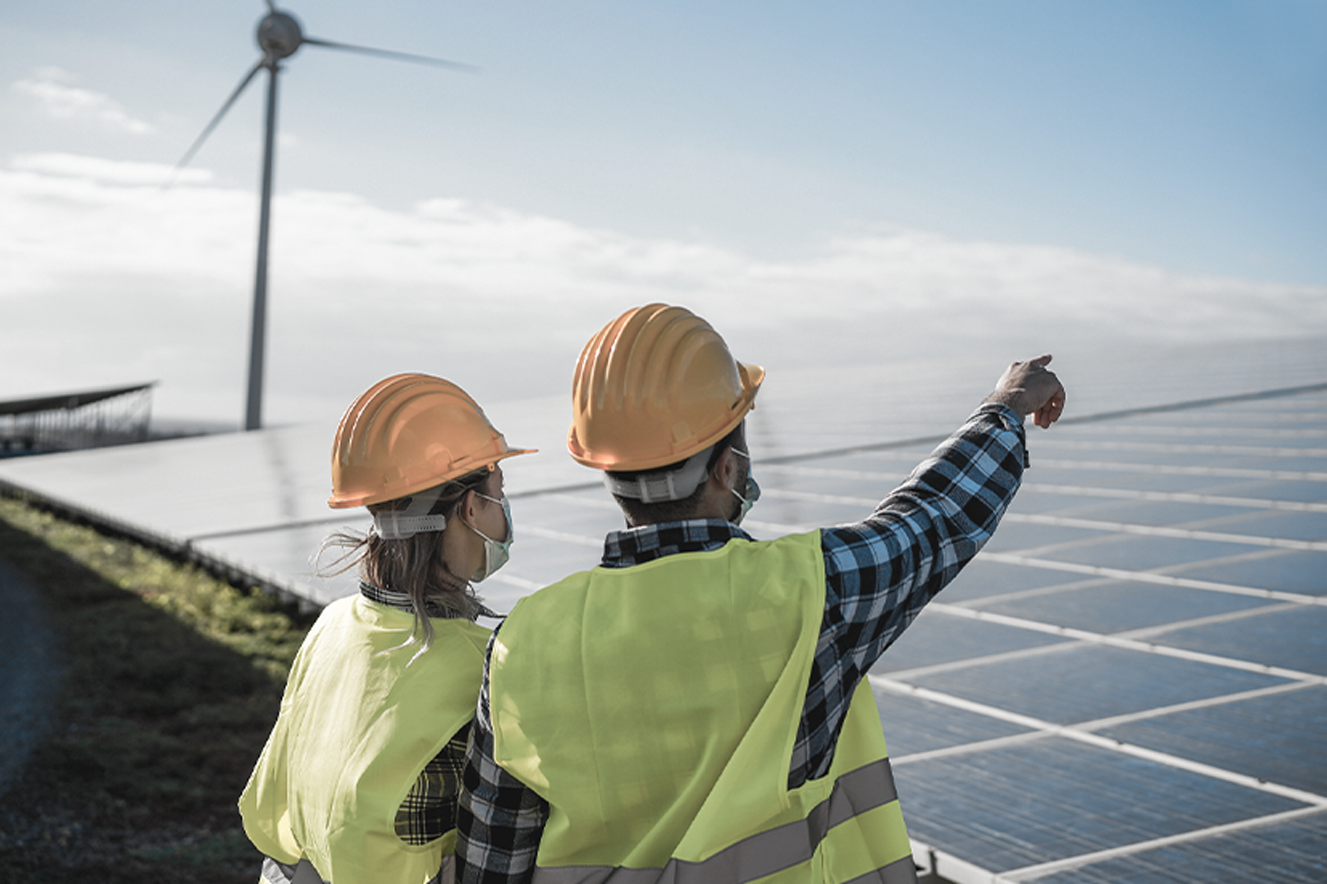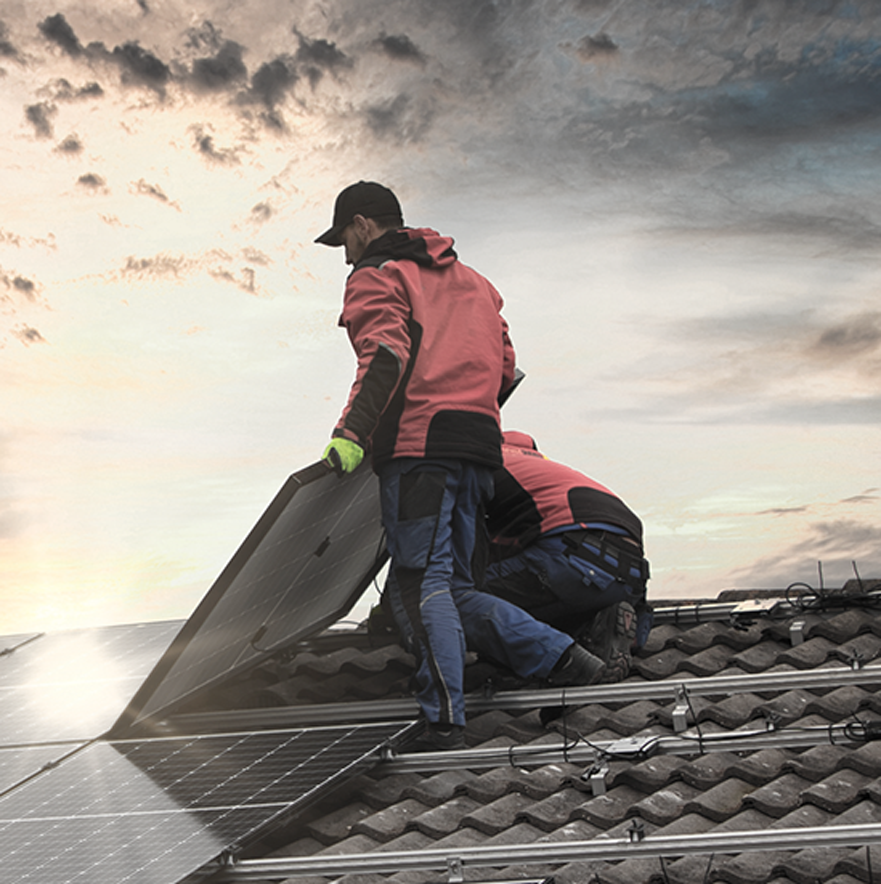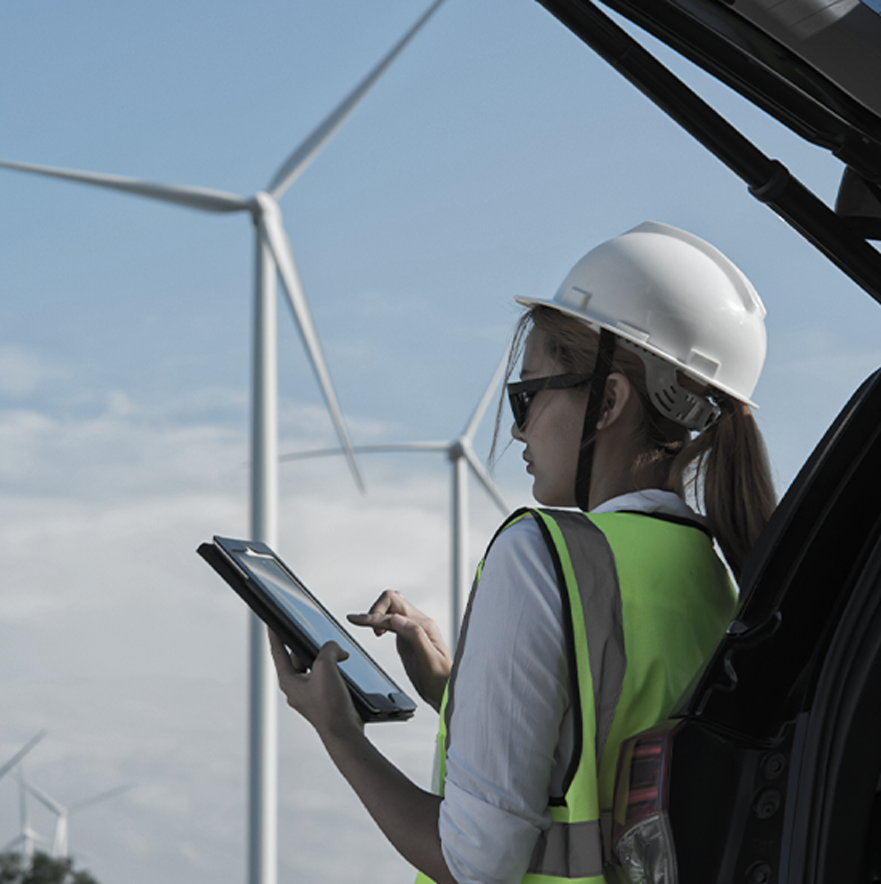Hybrid Solar System For Home : Prices, Subsidy, ROI & Working
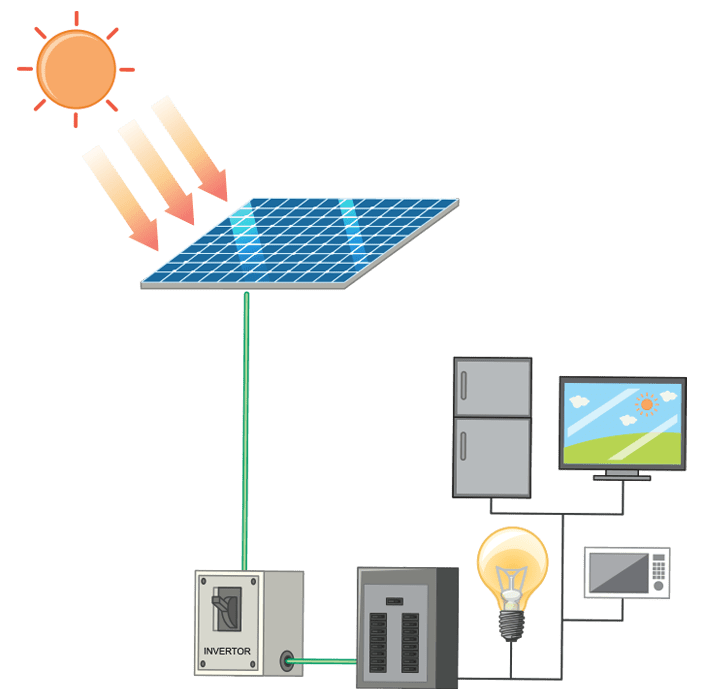
SUNplugged Hybrid Solar
Hybrid solar systems are innovative solutions that integrate the benefits of both grid-dependent and off-grid solar systems. They rely on the grid while also having the capability to store excess electricity in a battery unit. This means that any surplus energy produced by the solar system, after meeting the energy needs of appliances, is transferred to the battery bank. Once the batteries are fully charged, additional energy can be exported to the grid, ensuring no energy is wasted.
Advantages of Hybrid Solar Systems
Advantages of Hybrid Solar Systems
- Energy Independence: Provides a reliable power supply even during grid failures.
- Cost-Effective: Reduces the need for large, expensive storage systems.
- Flexibility: Balances energy needs by drawing from both the grid and stored energy.
- Resilience: Ensures continuous power supply, making them ideal for areas with frequent power outages.
Hybrid solar systems used in various sectors:
Agricultural Sector
Provides reliable energy for farming operations, irrigation, and processing facilities.
Residential Applications
Ensures uninterrupted power supply for homes, reducing electricity bills and reliance on the grid.
Micro-Grids
Supports localized energy grids in remote or rural areas, providing sustainable power solutions.
Rural Areas
Offers a dependable energy source for regions with unreliable grid connections.
Offices and Commercial Buildings
Reduces operational costs and ensures business continuity during power outages.


Working of Hybrid solar system
- Solar panels absorb sunlight and convert it into direct current (DC) electricity.
- The solar inverter converts the DC electricity into alternating current (AC), which is the standard electrical current used in homes.
- Excess electricity generated during the day is stored in solar batteries for later use.
- During nighttime or low solar generation periods, the hybrid system offers two options for powering the home.
- The home can draw power directly from the grid while the solar batteries maintain up to 50 percent capacity.
- If household energy demand exceeds 50 percent of battery capacity, additional electricity is sourced from the grid to meet the home's requirements.
Capacity of Hybrid solar systems and the estimated units of electricity
| System Capacity | Units Generated / Day (kWh) | Units Generated / Year (kWh) | Suitable For |
|---|---|---|---|
| 1 kW | 4 - 5 kWh | 1,460 - 1,825 kWh | Small households, basic lighting, and appliances |
| 3 kW | 12 - 15 kWh | 4,380 - 5,475 kWh | Medium-sized homes, additional appliances |
| 5 kW | 20 - 25 kWh | 7,300 - 9,125 kWh | Large households, small businesses |
| 10 kW | 40 - 50 kWh | 14,600 - 18,250 kWh | Large homes, small to medium-sized businesses |
| 20 kW | 80 - 100 kWh | 29,200 - 36,500 kWh | Large businesses, industrial applications |
FAQs about Hybrid Solar Systems
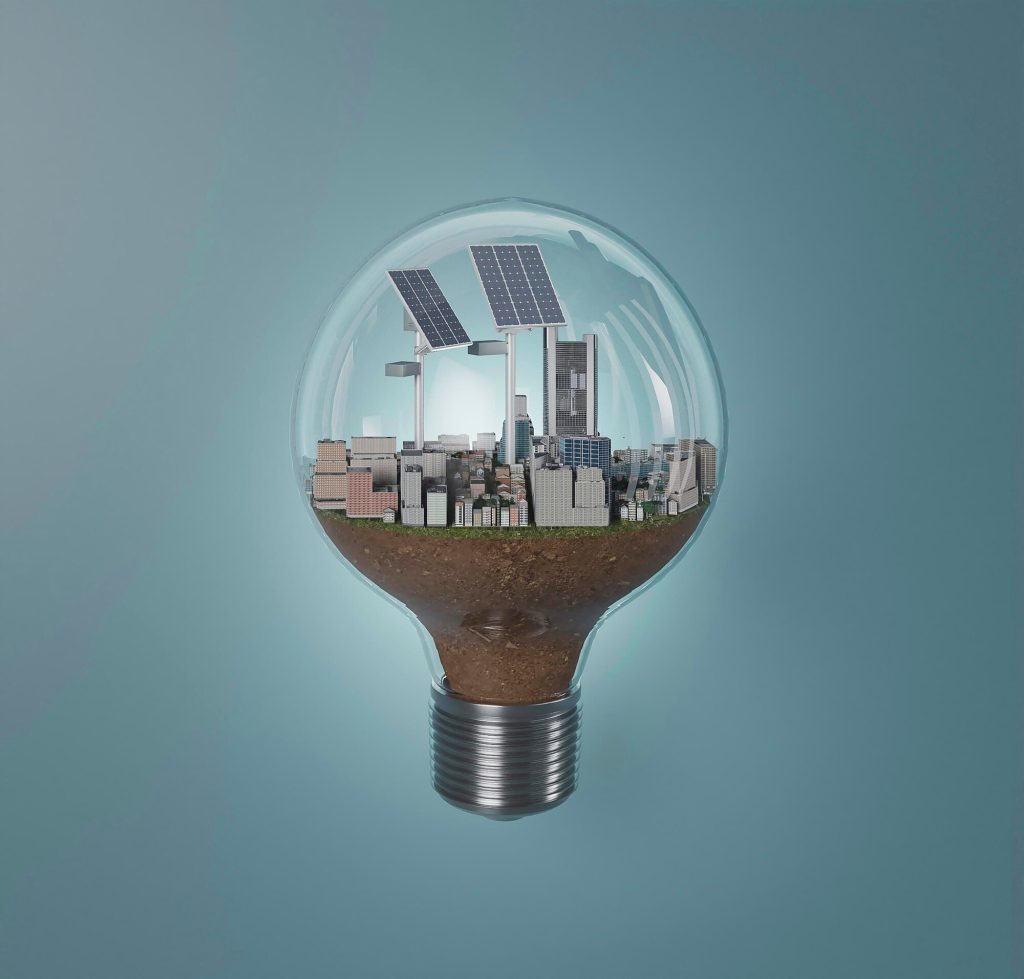
Q1
What is a hybrid solar system?A hybrid solar system combines the features of both on-grid and off-grid solar systems. It is connected to the grid but also has battery storage to store excess energy, providing backup power during grid outages.
Q2
How does a hybrid solar system work?A hybrid solar system generates electricity from solar panels. The electricity is first used to power the home or business. Any excess energy is stored in batteries. Once the batteries are fully charged, additional excess energy can be fed back into the grid.
Q3
Are hybrid solar systems more expensive than other types?Hybrid solar systems can be more expensive initially due to the cost of batteries and additional components. However, they offer long-term savings and benefits, such as reduced electricity bills and greater energy security.
Q4
Can I upgrade my existing solar system to a hybrid system?Yes, it is possible to upgrade an existing on-grid solar system to a hybrid system by adding battery storage and necessary components. Consult with a professional solar installer to evaluate the feasibility and cost of the upgrade.
Q5
How much maintenance does a hybrid solar system require?Hybrid solar systems require regular maintenance to ensure optimal performance. This includes cleaning the solar panels, checking battery health, and monitoring the system’s performance. Professional maintenance services can help keep the system running efficiently.


